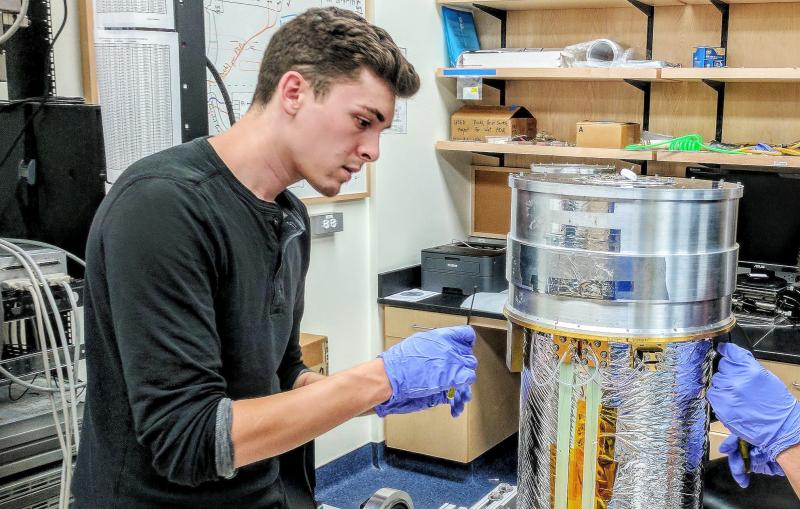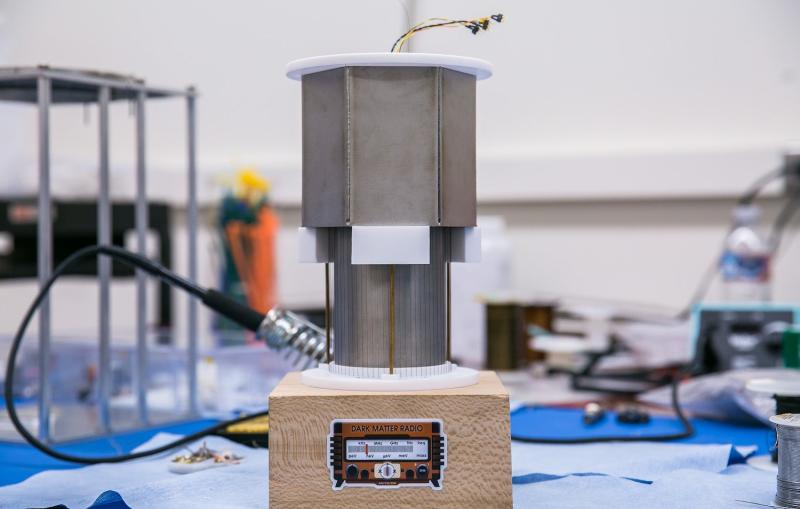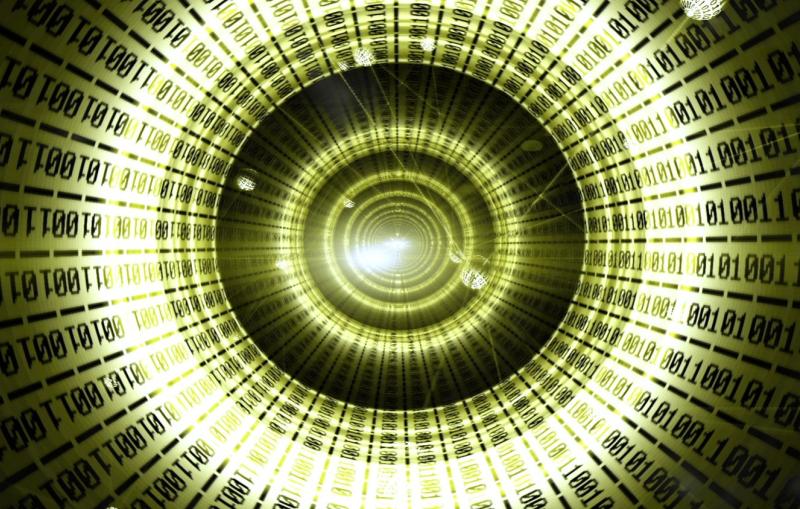News Feature
VIA Stanford News
Blas Cabrera and Arun Majumdar elected to National Academy of Sciences





Detectors help enable science at many SLAC facilities and research programs, particularly in the fields of X-ray science, particle physics, and astrophysics.
Related link:
New technologies




